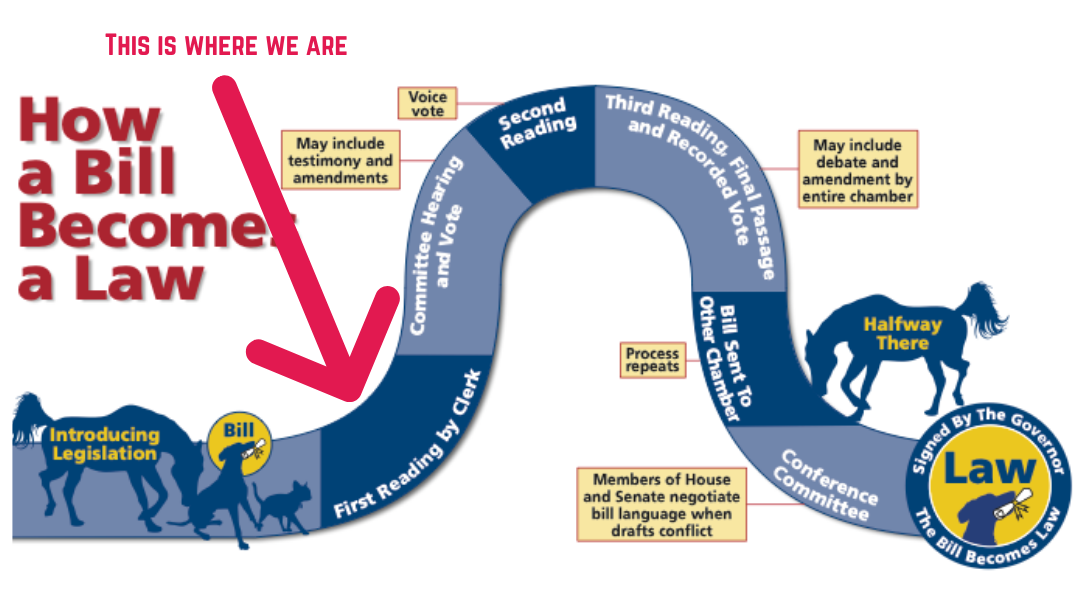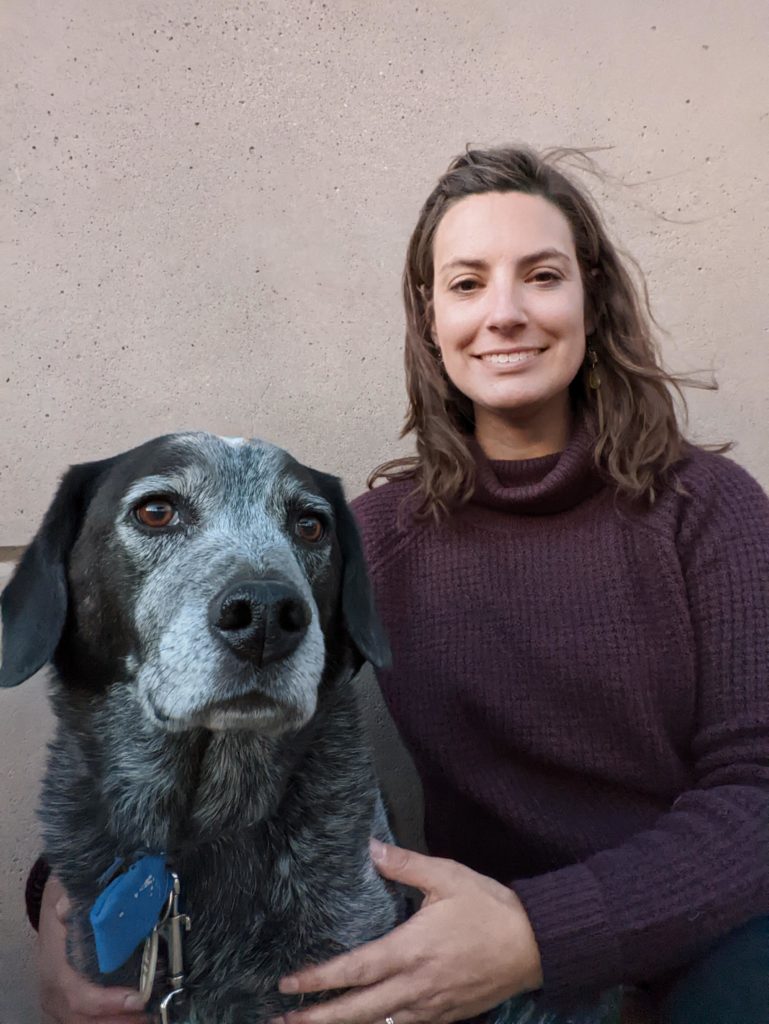Veterinary Technician Regulation In Colorado- Myth Busters Edition
Colorado continues to move towards regulation of veterinary technicians. CACVT has been working closely with CVMA and Colorado State Representative Karen McCormick who is sponsoring the inclusion and regulation of veterinary technicians in the veterinary practice act bill. The bill is assigned to the House Agriculture, Livestock, and Water Committee, which voted at the first hearing to include veterinary technician regulation in the veterinary practice act. The committee will vote on the bill again on March 7th. You can find Legislative updates on CACVT’s webpage.

With the prospect of regulation, there are concerns around skill assignment in the practice, questions about what will happen to the careers of those who are not credentialed, and what regulation could cost practices. Doing a deeper dive into each of these concerns, some clarity can be offered.
1. Only veterinary technicians will be allowed to do certain tasks (monitoring anesthesia, placement of IV catheters, calculation and preparation of drugs)
Colorado, compared to several other states, does not have a scope of practice for veterinary technicians. Until recently, vet techs were not included in the practice act. At this time a scope of practice that would limit support staff to specific skills is not being addressed. Even with having regulation of veterinary technicians, veterinarians would still maintain the delegation and supervision of skills in the practice. This would also help rural practices where it is more difficult to find Credentialed Veterinary Technicians.
2. Anyone who is not a credentialed technician will lose their job.
The regulation of veterinary technicians in the state is not being put in place to push anyone out of their career. In an industry that is already experiencing a severe shortage, the goal is to retain technicians. It has been found that regulation in a profession actually increases staff as it gives those who have the knowledge the ability to be recognized for their education and their license. The AAVSB included a study by Dr. Beth Redbird, found that with regulation comes an increase in the amount of staff. This is due to credentialed employees feeling recognized for their knowledge and skillset both by fellow colleagues, doctors, and clients. Having regulation in place would also include a clear pathway for those interested in entering the field. More on the pathway can be found in question 4.
3. The regulation of technicians will cost my practice more money.
The AAVSB also found that with regulation, there is actually, on average, a slight decrease in wages of the newly regulated professionals. A study released by the AVMA found that every CVT generates approximately $90,000/year for the practice. Based on this data, a practice could generate significant income by utilizing their CVT’s to the fullest extent of their knowledge and training. You can find out if you are utilizing your CVTs to their capacity here.
4. I’ve been practicing as a technician for years, I’m being pushed out of the industry.
Part of the regulation would include pathways for non-credentialed techs to become credentialed. This means that those who have been practicing in the industry but did not go to an AVMA accredited school would have the opportunity to take the VTNE without having to complete an associate’s degree. This pathway would assure that those becoming credentialed would have the appropriate skill level and allow retention of the technicians we already have. It would allow them to learn more, be held accountable for their actions in practice, and ideally increase productivity and contribution to the team.
5. What will be the cost of registration?
The answer to this is, we don’t currently know, the cost is something that DORA would determine based on program costs. Currently, registration with CACVT is $160 every 2 years. Based on CACVT’s 2020 Renewal Demographic Survey, 64% of CVT’s have their license renewal as part of their benefits, showing that certification is definitely valued in practices across Colorado. However, providing this benefit is up to individual practices to follow through on seeing the value of having CVT’s.
6. What would support staff who are not registered be called if we can not call them veterinary technicians?
For those individuals who choose not to become registered, they can still continue to work under the direction and supervision of a veterinarian. They will not, however, be able to use the title Veterinary Technician but are typically called a veterinary assistant.
While there are a lot of concerns about what the industry will look like moving forward with regulation, the goal is to help the industry, the public, and of course animals. The doctor would still be responsible for the delegation of tasks to support staff and for supervising said staff. Regulation would not only increase retention of technicians but draw professionals to the field and generate revenue for practices. That’s a win-win-win for the industry.

Leslie is a CVT of 12 years, she is originally from Wisconsin where she received her Associates degree in Veterinary Technology from MATC and Bachelors degree in Animal Science from UW River Falls. She has a background in large animal medicine, research animal medicine, general practice and emergency/critical care. When not working for VSS, she volunteers for Denver Animal Shelter in their vet clinic, sits on the Board of Directors and the Advocacy Task Force for CACVT and is the Chair of the Wellbeing Task Force for NAVTA. Her passions include gaining title protection for CVT’s in the state of Colorado and helping fellow technicians have a work life balance. In her spare time, she enjoys horseback riding, hiking, backpacking, mountain biking, down hill skiing, and camping. She currently resides in Arvada where she shares her home with her husband, cats Artie and Theodore and 1 adventure dog Malcom.
